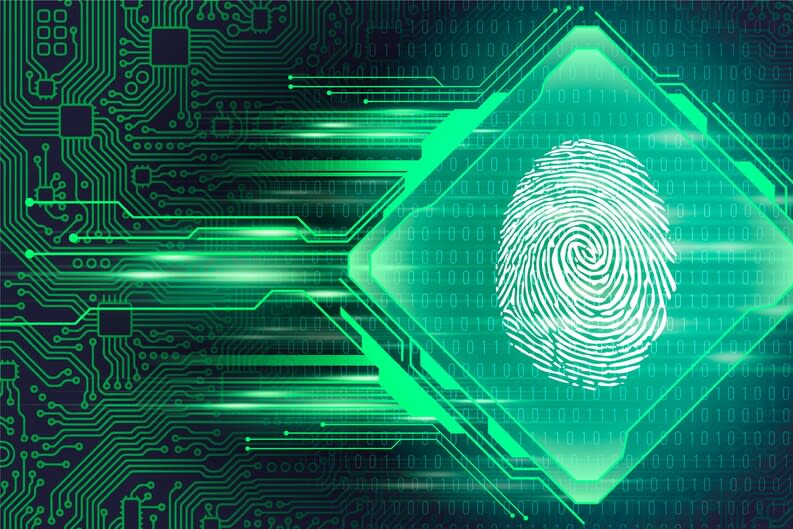Biometric authentication has become an increasingly popular method of online security in recent years. With its ability to uniquely identify individuals based on their physical characteristics, it offers a high level of protection against cyber threats. However, as technology continues to evolve, the future of biometric authentication remains uncertain. To learn more about the potential impact of biometrics on online security, check out this article on How biometrics are shaping the future of authentication.
Introduction to Biometric Authentication
Biometric authentication is a security technology that uses biological or behavioral characteristics to verify a user’s identity. Biometric data can include fingerprints, facial recognition, voice recognition, iris scans, and even DNA. Biometric authentication works by comparing the user’s biometric data with the data previously collected and stored in a database. If the data matches, the user is granted access to the system.

Pros of Biometric Authentication for Online Security
- Enhanced Security: Biometric authentication offers a higher level of security than traditional passwords and two-factor authentication methods. Biometric data is unique to each individual, making it nearly impossible for cybercriminals to replicate or steal.
- Convenience: With biometric authentication, users don’t have to remember complex passwords or carry physical tokens, making it a convenient and user-friendly security solution.
- Faster Authentication: Biometric authentication is faster than traditional authentication methods, reducing the time it takes to access secure systems.
- Audit Trails: Biometric authentication provides an audit trail of each user’s access, making it easier to track user activity and identify security breaches.
When it comes to online security, understanding cybersecurity threats and best practices is essential. To learn more about protecting your devices and data, check out our guide on Understanding Cybersecurity Threats and Best Practices to Protect Your Devices and Data.
Cons of Biometric Authentication for Online Security
- Cost: Biometric authentication technology can be expensive to implement and maintain.
- Privacy Concerns: Biometric data is highly personal and sensitive, and there are concerns about how this data is collected, stored, and used.
- Accuracy: Biometric authentication systems may not be 100% accurate and may produce false positives or false negatives, which can lead to user frustration and security issues.
If you want to boost your online security, check out our guide on The Ultimate Guide to Strong Passwords and Two-Factor Authentication. This guide provides tips and best practices to help you create strong passwords and enable two-factor authentication to further protect your online accounts.
Conclusion
Biometric authentication offers many advantages over traditional authentication methods, including enhanced security, convenience, and faster authentication. However, there are also several drawbacks to consider, such as cost, privacy concerns, and accuracy issues. Ultimately, the decision to implement biometric authentication should be based on a careful consideration of these factors and an assessment of the specific needs and risks of the organization.
#Pros #Cons #Biometric #Authentication


